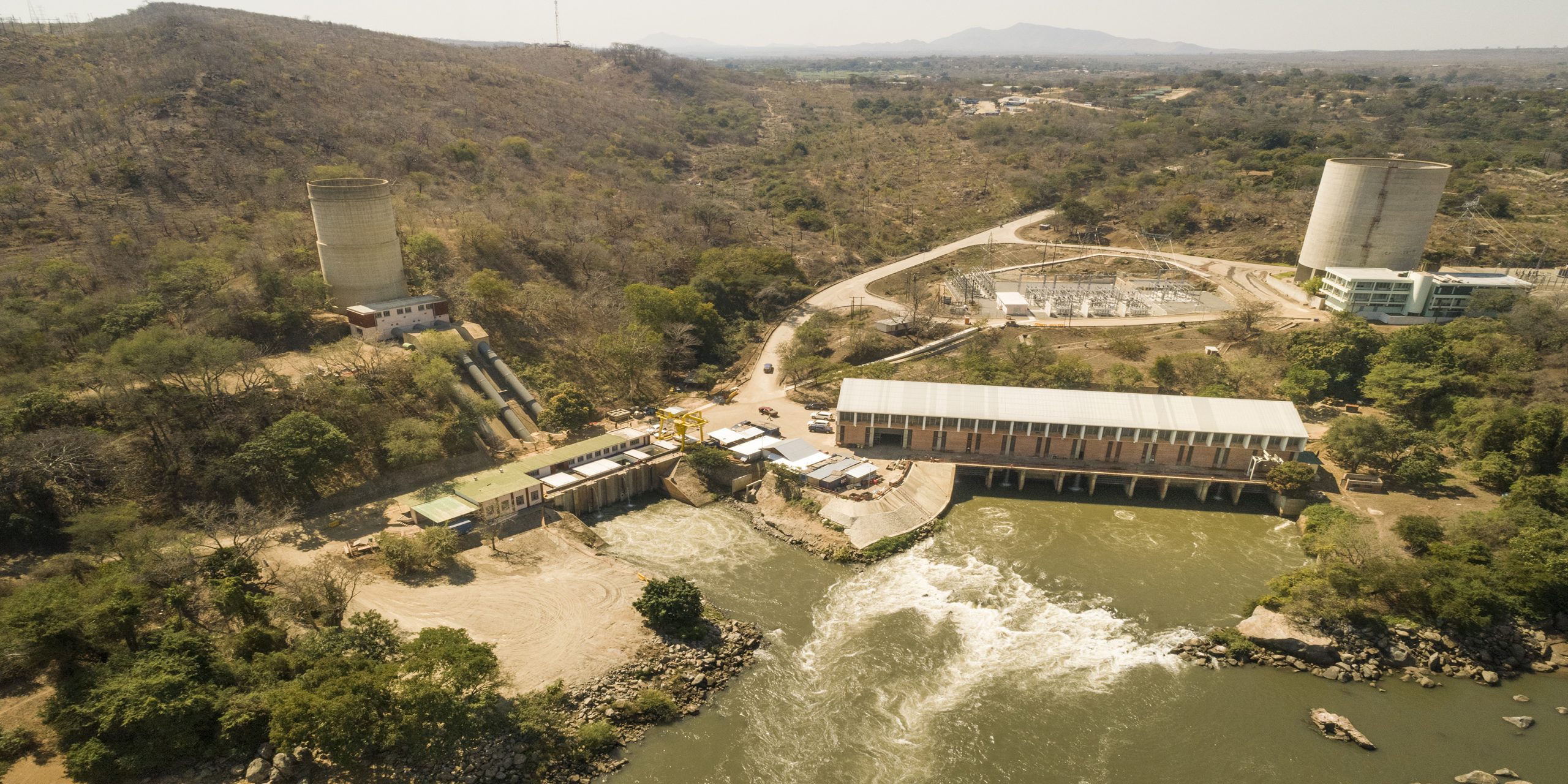
April 2020
Star Report
Malawi Compact
MCC partnered with the Republic of Malawi—one of the world’s poorest countries—to implement a $350.7 million compact designed to reduce poverty through economic growth. During compact development, MCC and the Government of Malawi determined power to be a key constraint to sustained economic growth in Malawi. At that time, only 9 percent of Malawians and less than 1 percent of the country’s rural population had access to electricity. MCC’s large-scale investment, focused on intensive policy and institutional reforms coupled with infrastructure investment, aimed to fundamentally transform Malawi’s power sector and secure the foundation for private sector investment.
- Signed: April 7, 2011
- Entry into Force: September 20, 2013
- Compact End Date: September 20, 2018
-
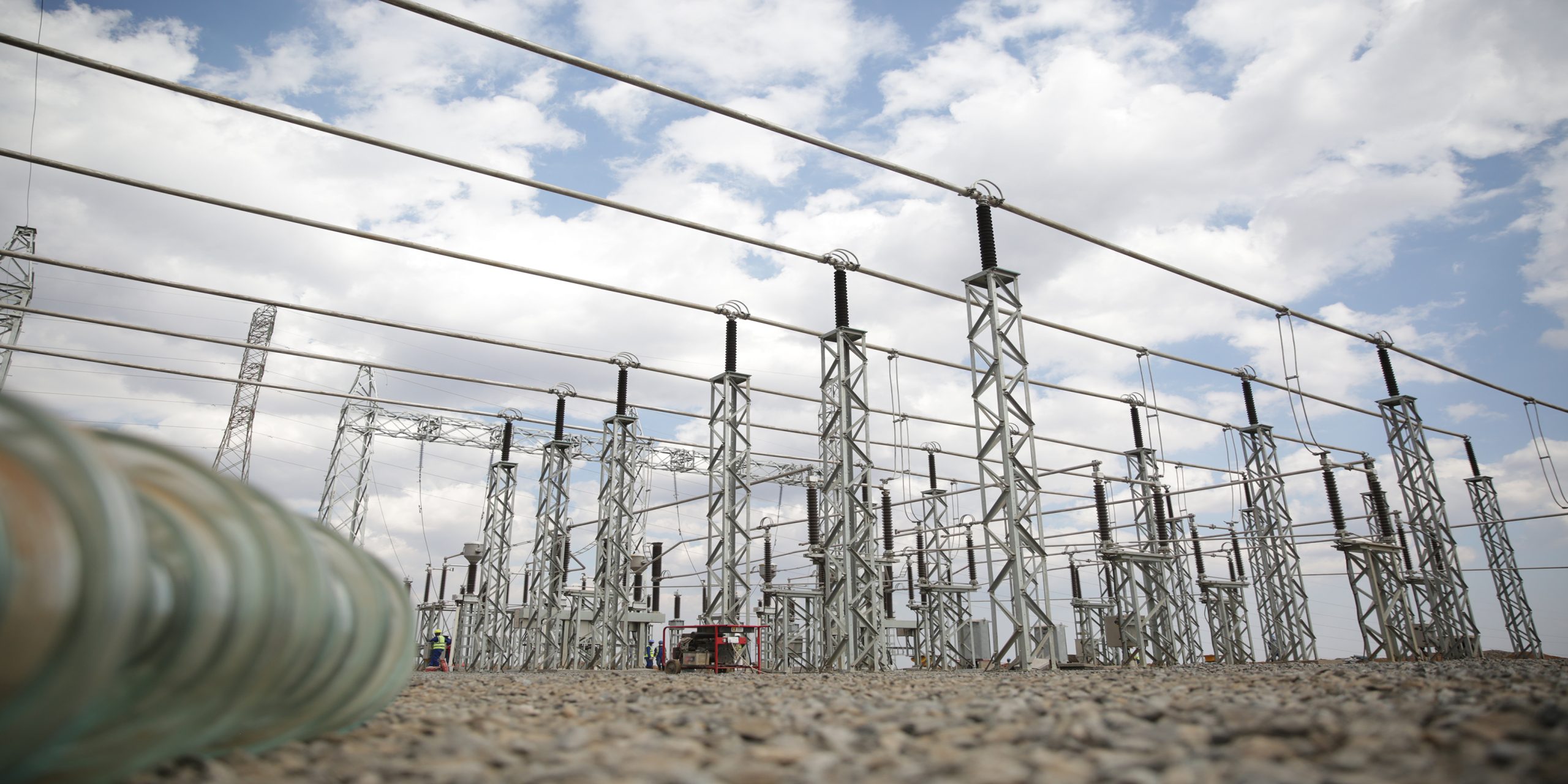
MCC partnered with Malawi to implement a $351 million compact designed to transform Malawi’s power sector and secure private sector investment. The compact focused on intensive policy and institutional reforms coupled with large-scale infrastructure.
-
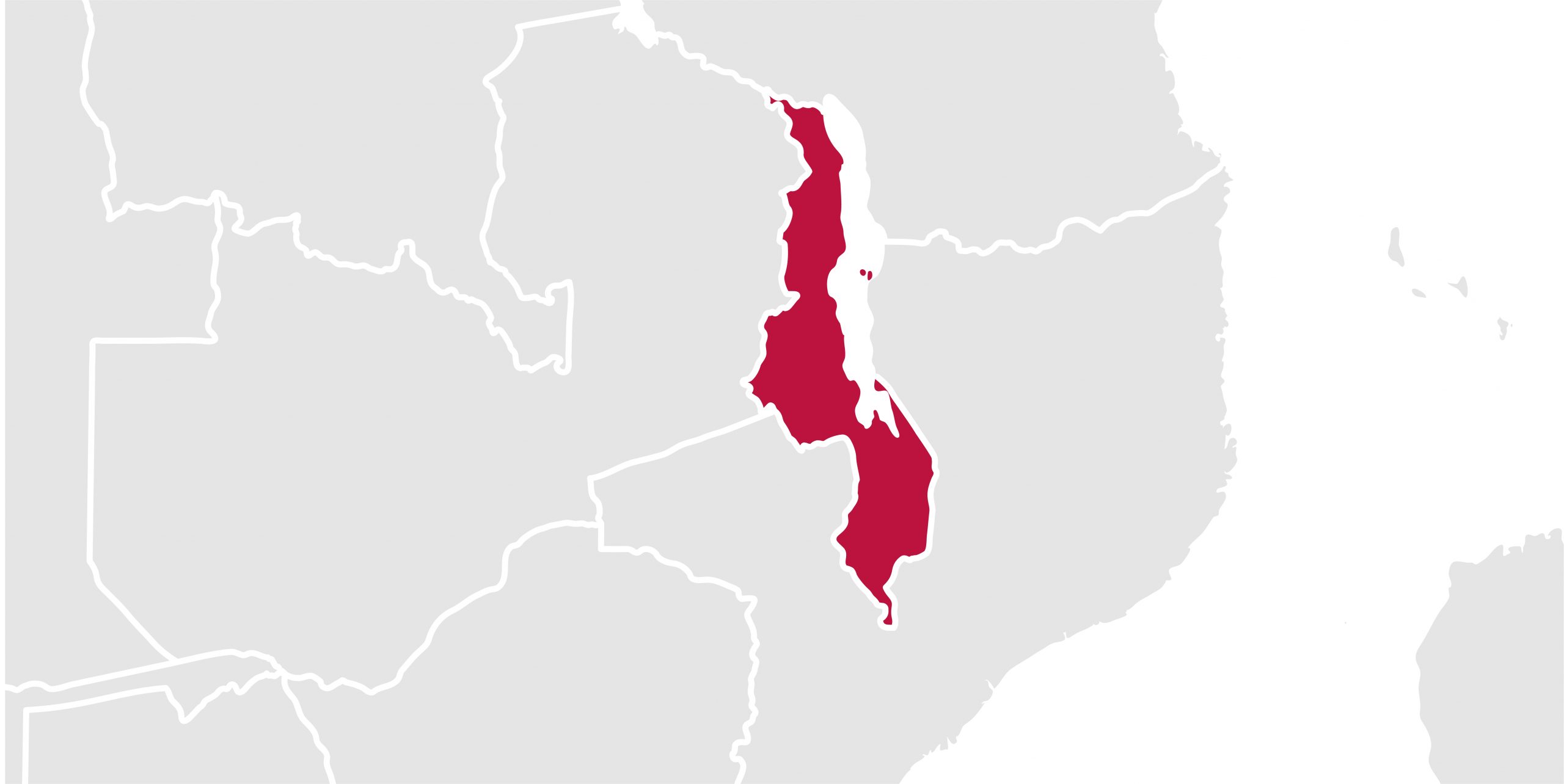
MCC and Malawi determined power to be a key constraint to sustained economic growth. The power sector’s failures resulted from inadequate policies and poor sector governance, which have historically stifled investment in the country’s power infrastructure.
-
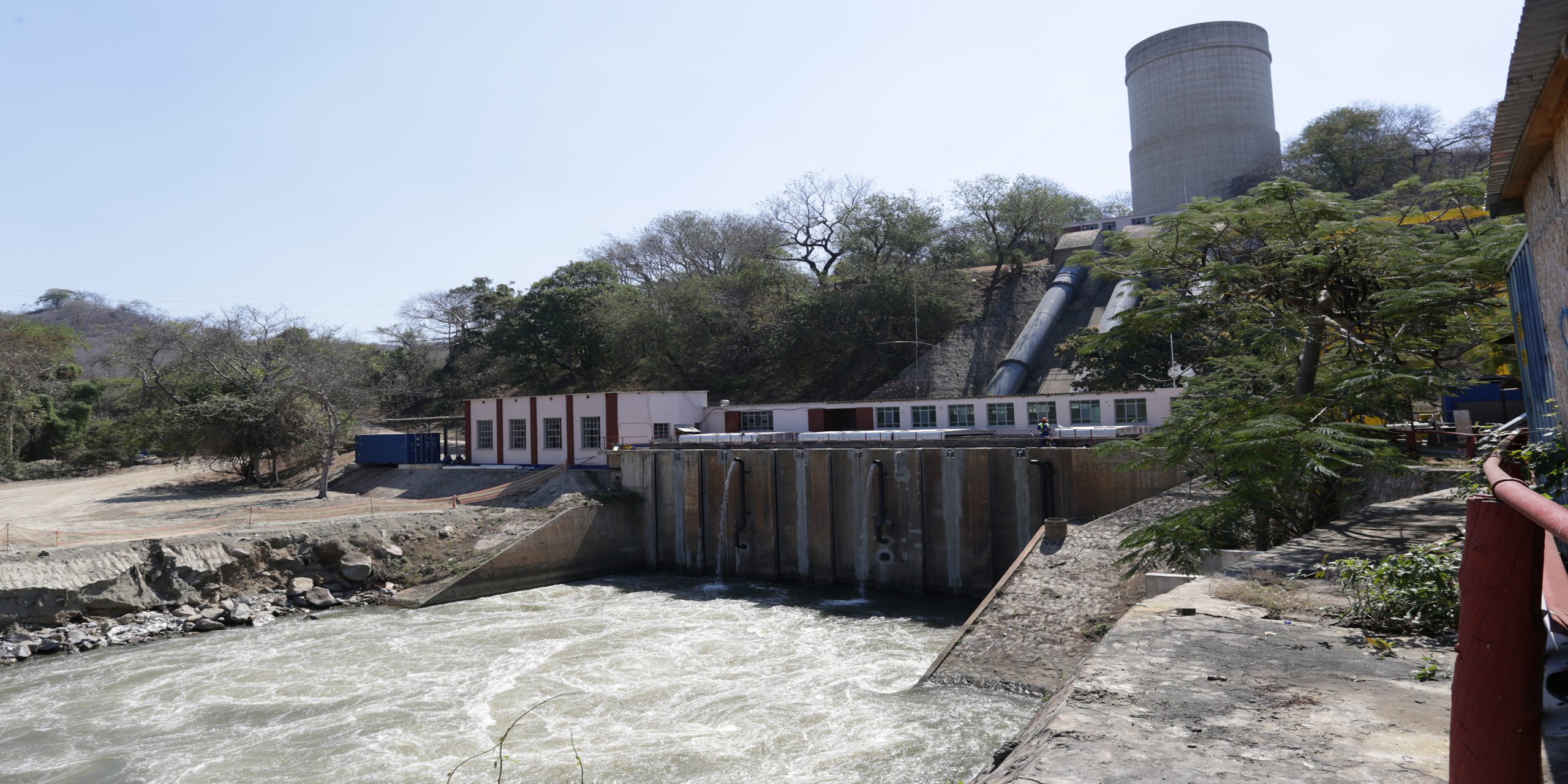
The Infrastructure Development Project sought to improve the availability, reliability, and quality of the power supply in Malawi. Investments in transmission and distribution infrastructure resulted in increased capacity and improved stability of the grid.
-
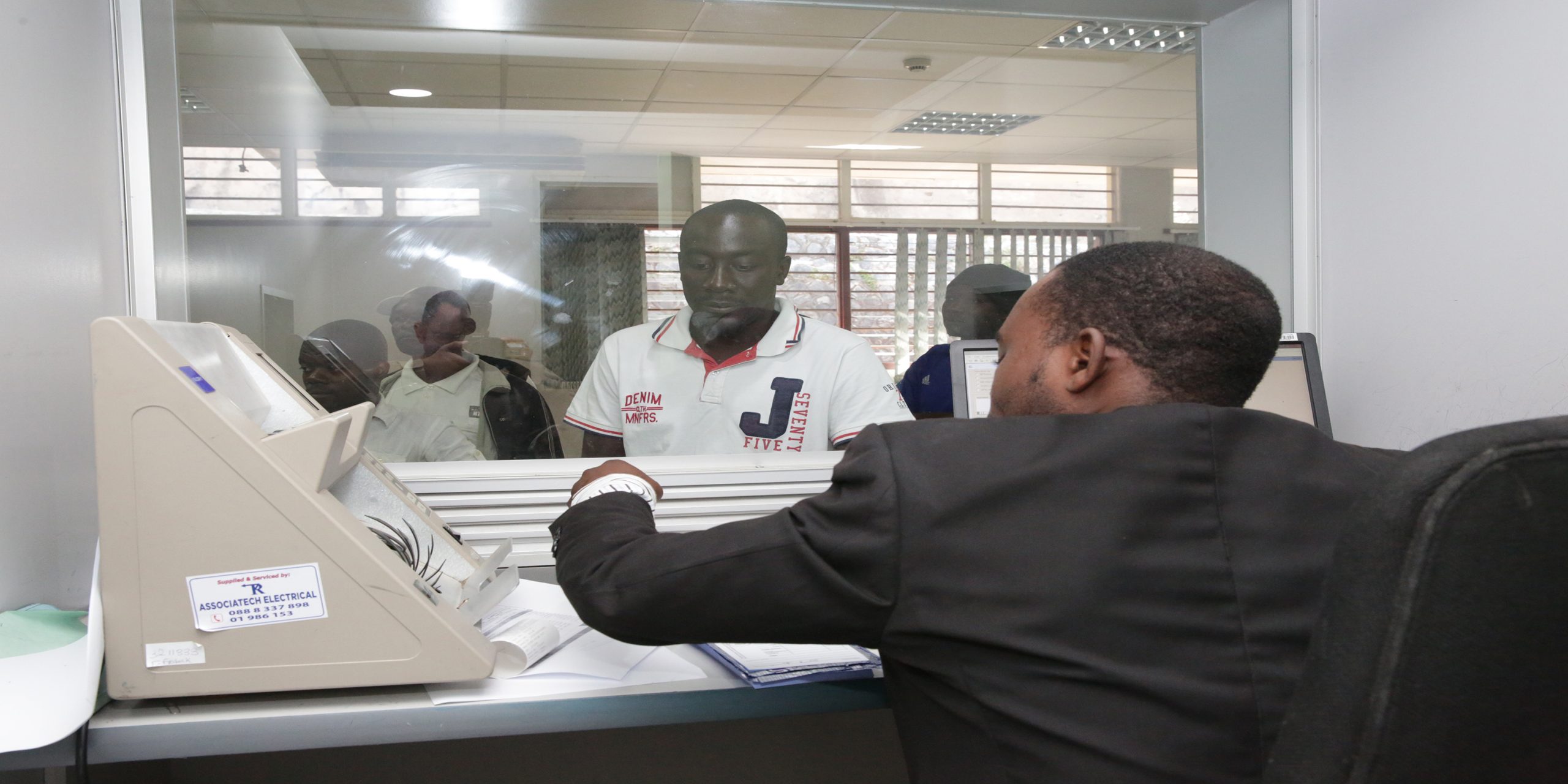
The Power Sector Reform Project aimed to both improve the capacity and financial viability of Malawi’s electric utility and create an enabling environment for future investment in and expansion of the power sector.
-
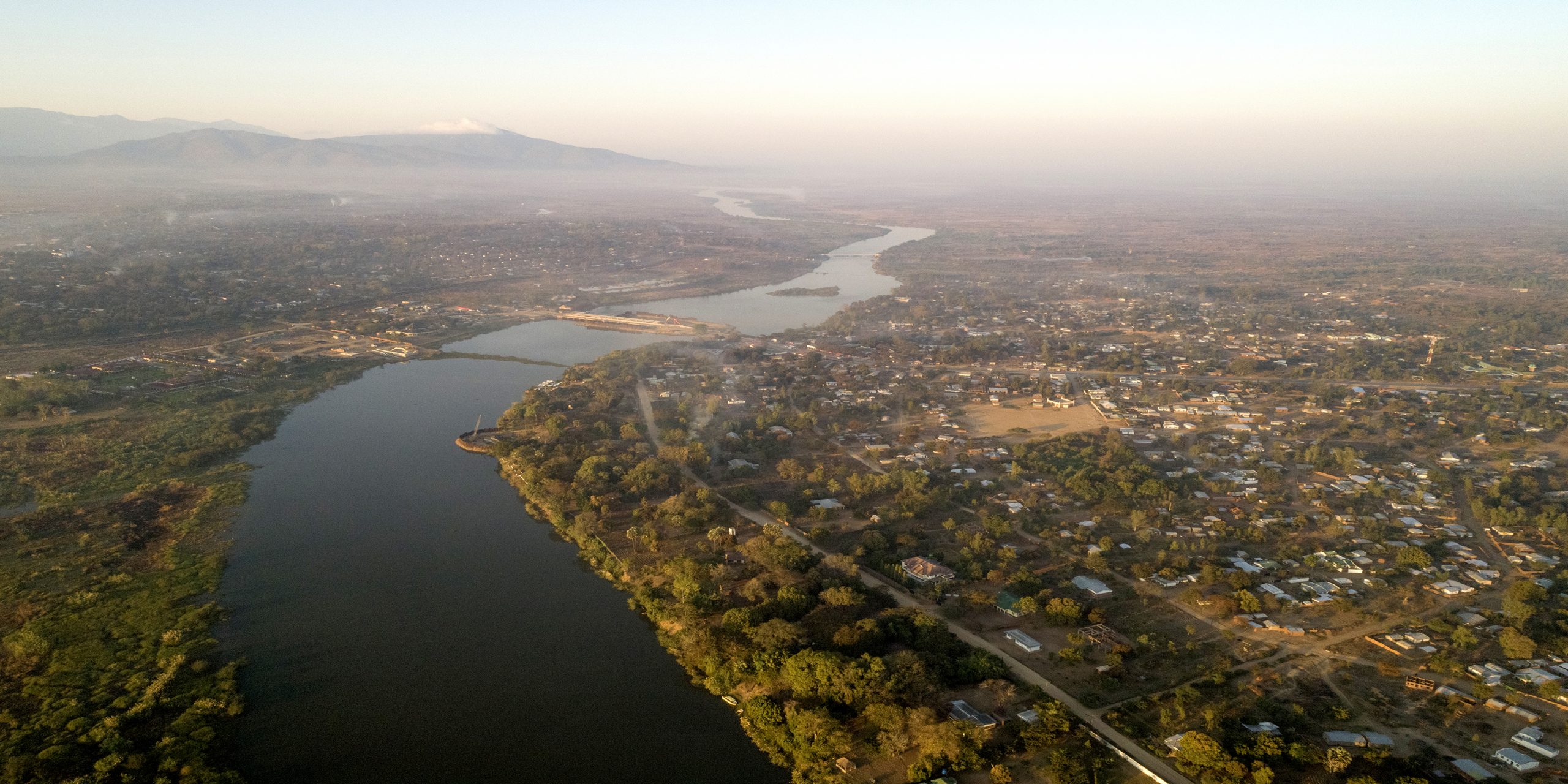
The objective of the ENRM Project was to help the Government of Malawi mitigate the growing problems of aquatic weed infestation and excessive sedimentation in the Shire River and to reduce costly disruptions to Malawi’s downstream hydropower generation.
-
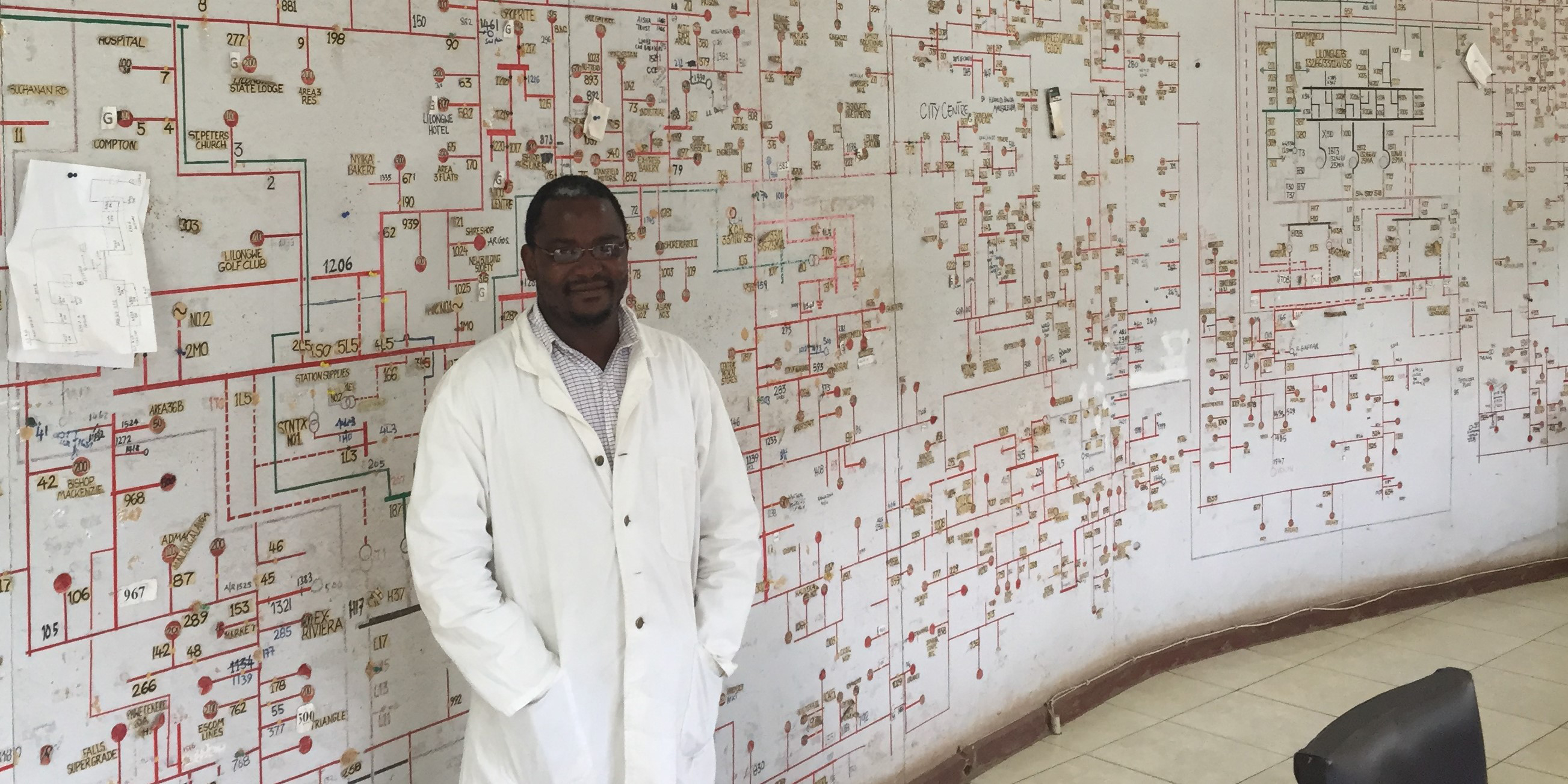
All projects in the Malawi Compact had modest changes. For example, the compact supported the Rural Electrification Act. Yet, during implementation, other donor partners began work on rural electrification, and MCC did not provide this support as a result.
-

The Malawi Compact took a systemic approach to strengthening the nation’s power sector—recognizing the need for infrastructure, policy reform and environmental management to drive the sector forward as no one investment alone could result in sustainable change.
-
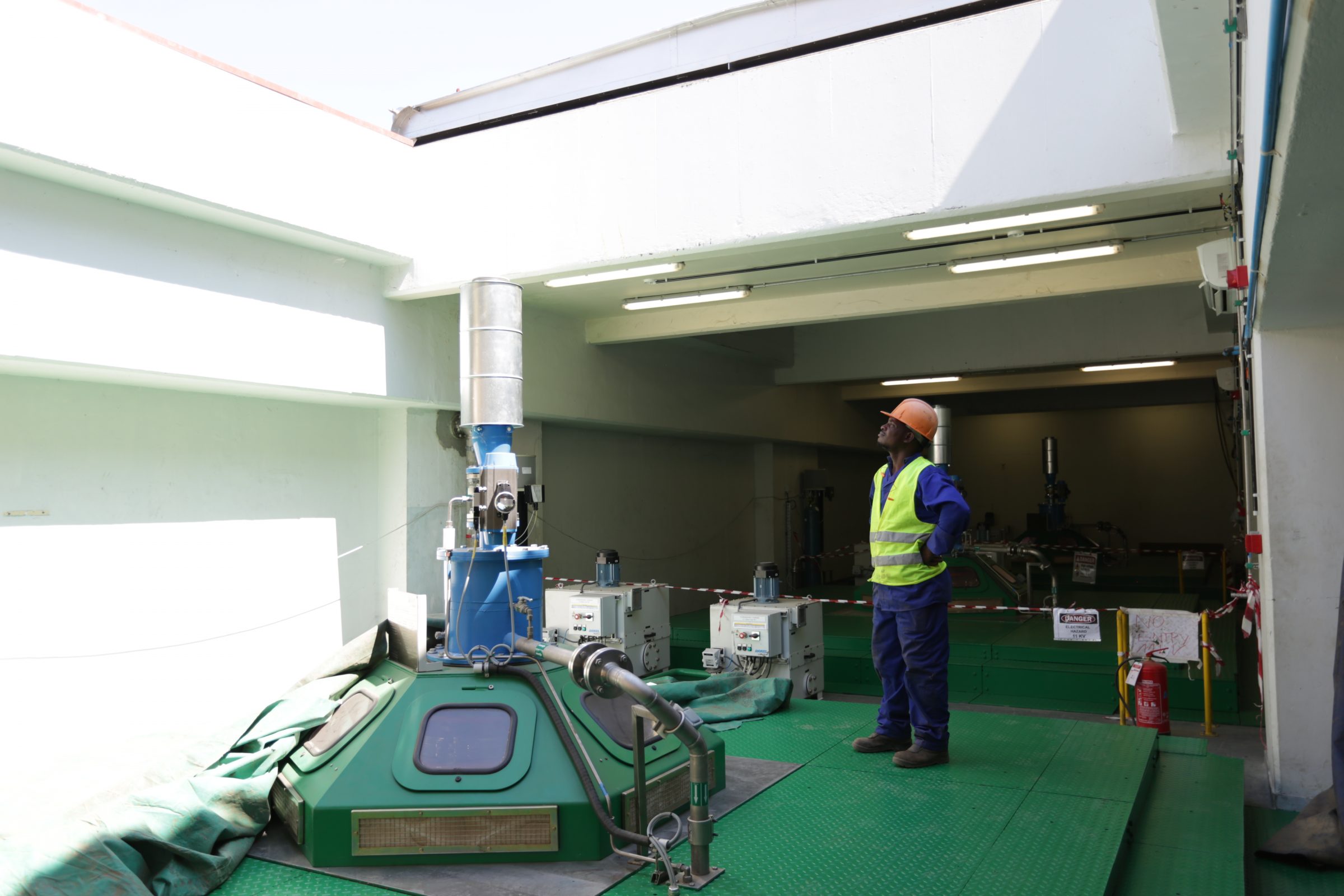
As the largest donor investment in Malawi’s power sector, MCC guided all aspects of partner coordination within the power sector, including policy and legal reform, promoting private sector investment, and institutional capacity building, to assist Malawi.
-
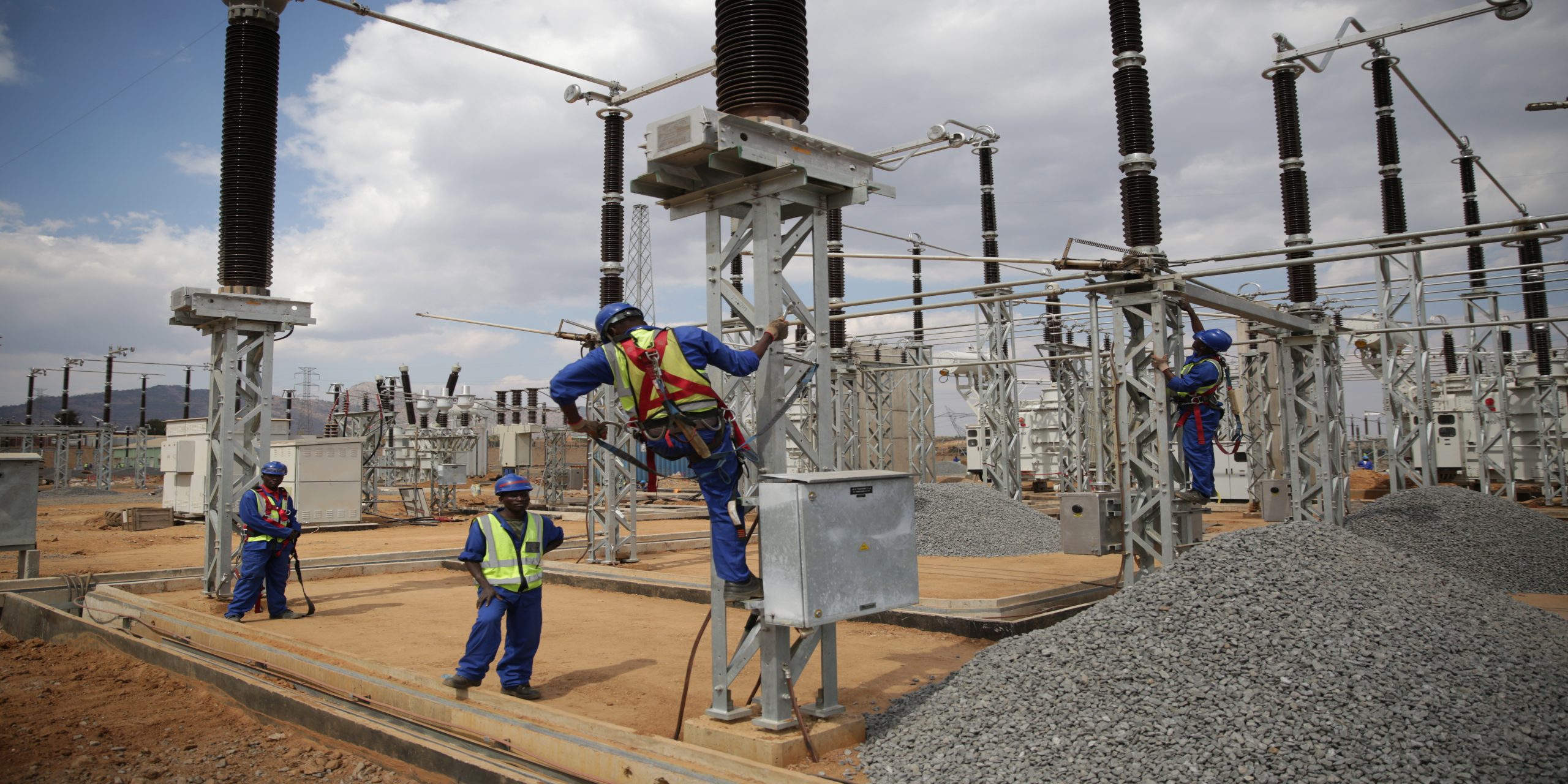
As a part of the Power Sector Reform Project, the Malawi Compact included critical policy and institutional reforms within the power sector, almost all of which were met or partially met.
-
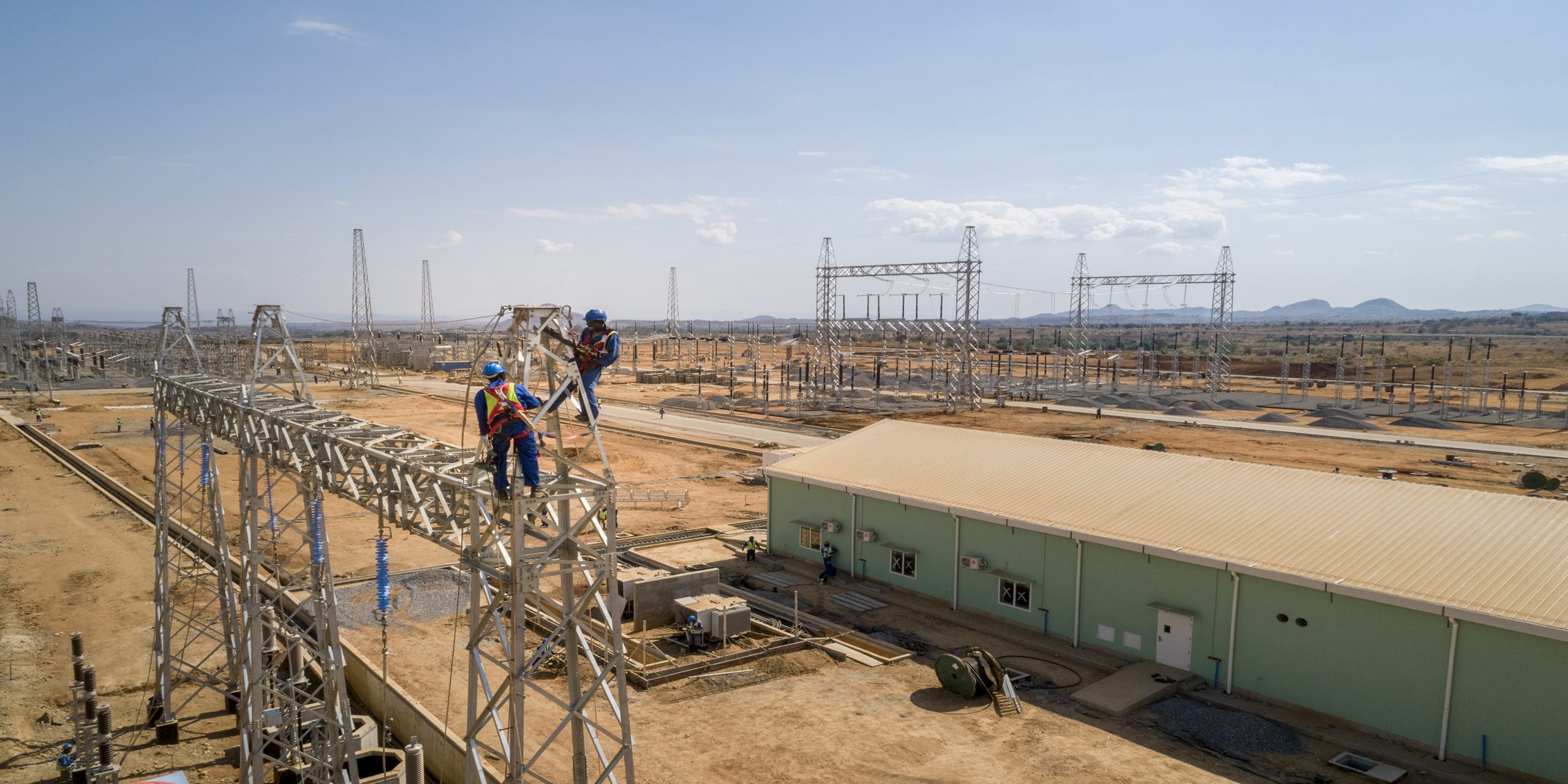
With regard to continued power sector infrastructure expansion in Malawi, one of the key objectives of the compact’s transmission upgrades was to enable integration of Malawi’s network into the regional network.
-
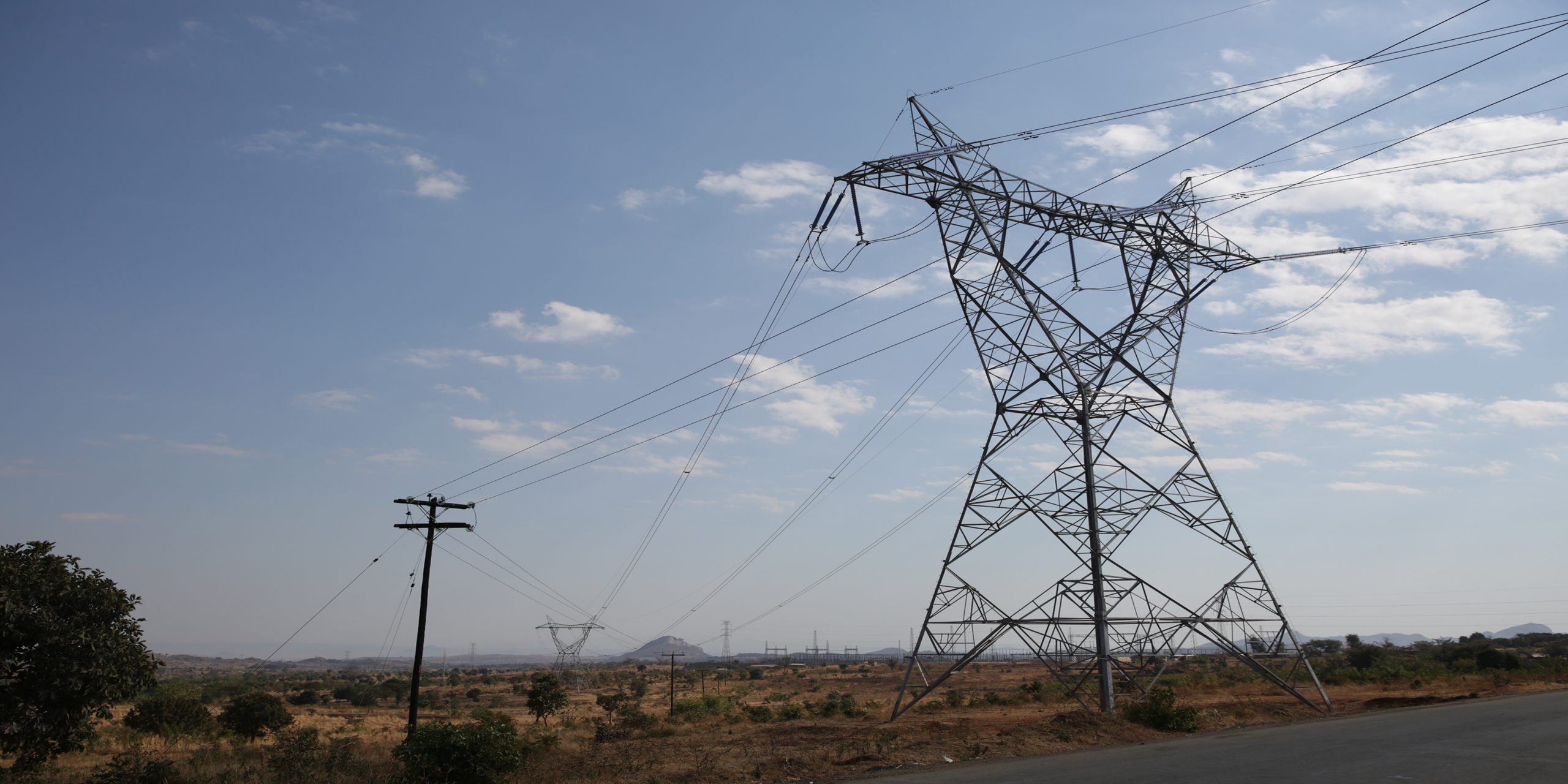
There may be a tendency to attempt overly ambitious projects that work across multiple areas in a sector in an attempt to be holistic. However, it is important to be realistic—it is not plausible to fix everything in a sector in five years.

